The European Council has started negotiations on Ukraine's membership in the EU. What preceded the decision?
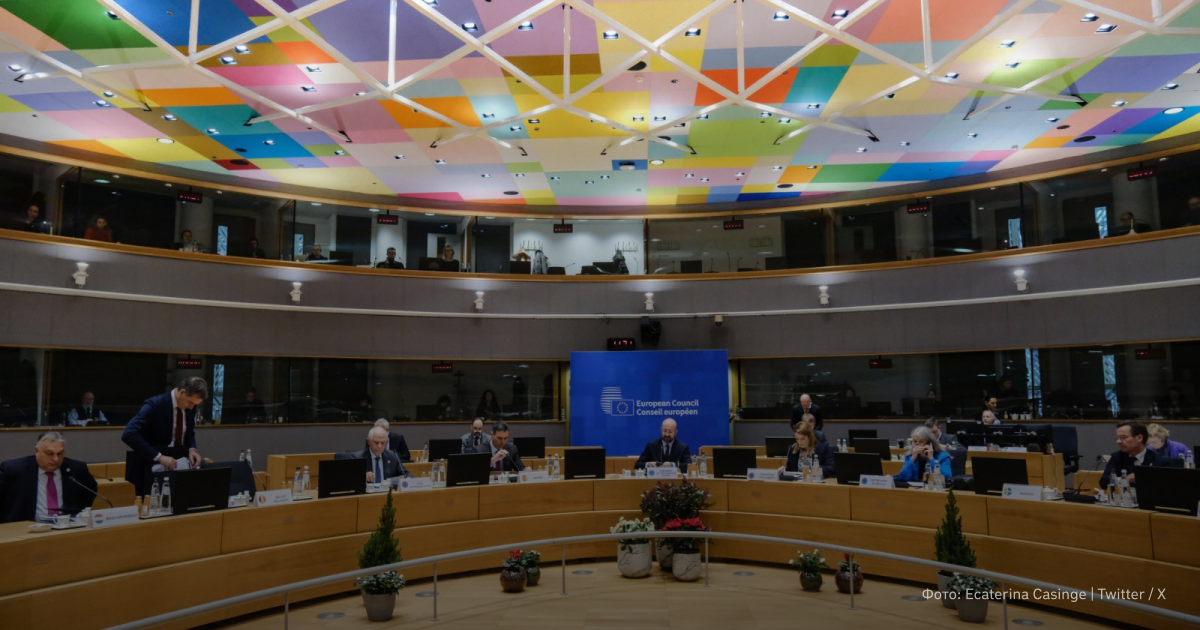
What happened?
The European Council has voted to start negotiations on Ukraine and Moldova's accession to the EU.
This was announced by the President of the European Council, Charles Michel.
"A clear signal of hope for their people and for our continent," Michel wrote.
In addition, the EU granted candidate status to Georgia and promised Bosnia and Herzegovina to open negotiations as soon as the required level of compliance with the membership criteria is reached.
When the leaders of the EU member states decided to start negotiations on Ukraine's accession to the EU, Hungarian Prime Minister Viktor Orbán left the room, The Guardian reports.
The meeting continues under these conditions. The leader should leave a representative in the room instead. However, Orbán did not do so.
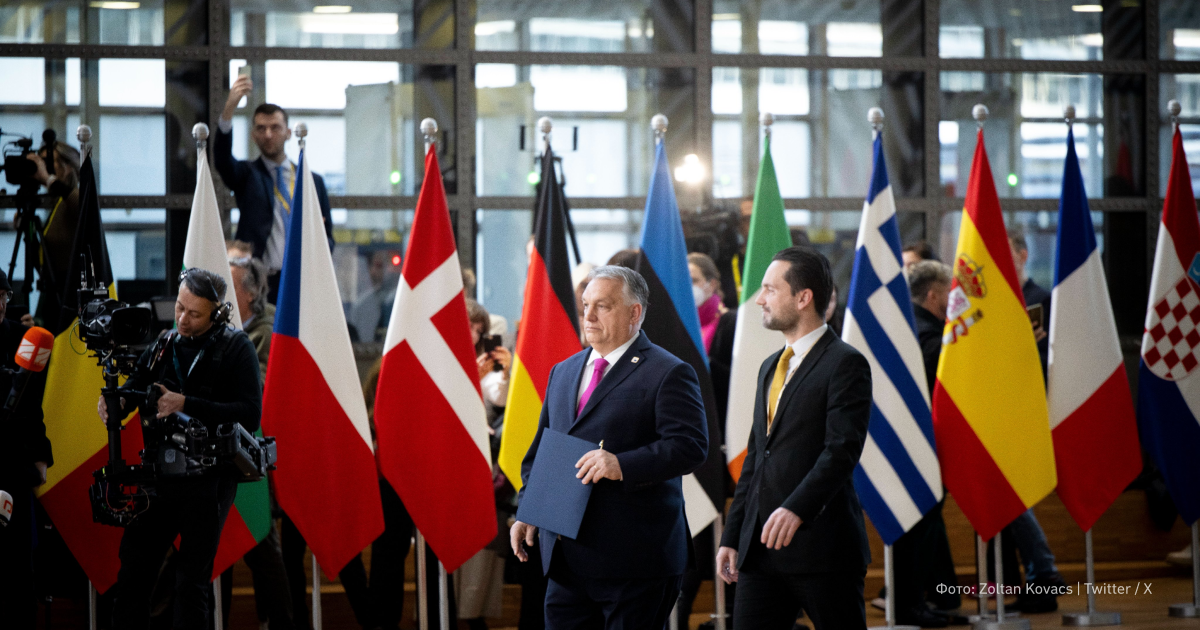
"Hungary has decided that 26 countries can go their own way, and it is staying away from this decision," Orbán told reporters at the summit.
The summit will also consider four other issues related to Ukraine.
"The approval of the Ukraine Facility, which will ensure macro-financial stability in Ukraine, the continued funding of the European Peace Facility so that the EU can provide lethal and non-lethal assistance to Ukraine, and the approval of the 12th package of sanctions," said Minister of Foreign Affairs Dmytro Kuleba.
The start of membership negotiations marks a new stage in Ukraine's European integration.
Earlier, Ursula von der Leyen noted that the duration of the negotiations would depend on the speed of the remaining reforms.
On the eve of the European Council meeting, the President of the European Commission noted that Ukraine had almost fully implemented the recommendations for reforms towards EU membership.
It will be recalled that in June 2022, the European Council granted Ukraine the status of an EU candidate. The same decision was made in relation to Moldova.
On November 8, the European Commission recommended that the European Council start negotiations.
Ukraine's and the world's reaction
President of Ukraine Volodymyr Zelenskyy and President of Moldova Maia Sandu reacted to the decision of the European Council.
"This is a victory for Ukraine. A victory for all of Europe. A victory that motivates, inspires, and strengthens," Zelenskyy wrote. "We're committed to the hard work needed to become an EU member. Moldova is ready to rise to the challenge," Sandu commented on the European Council's decision.
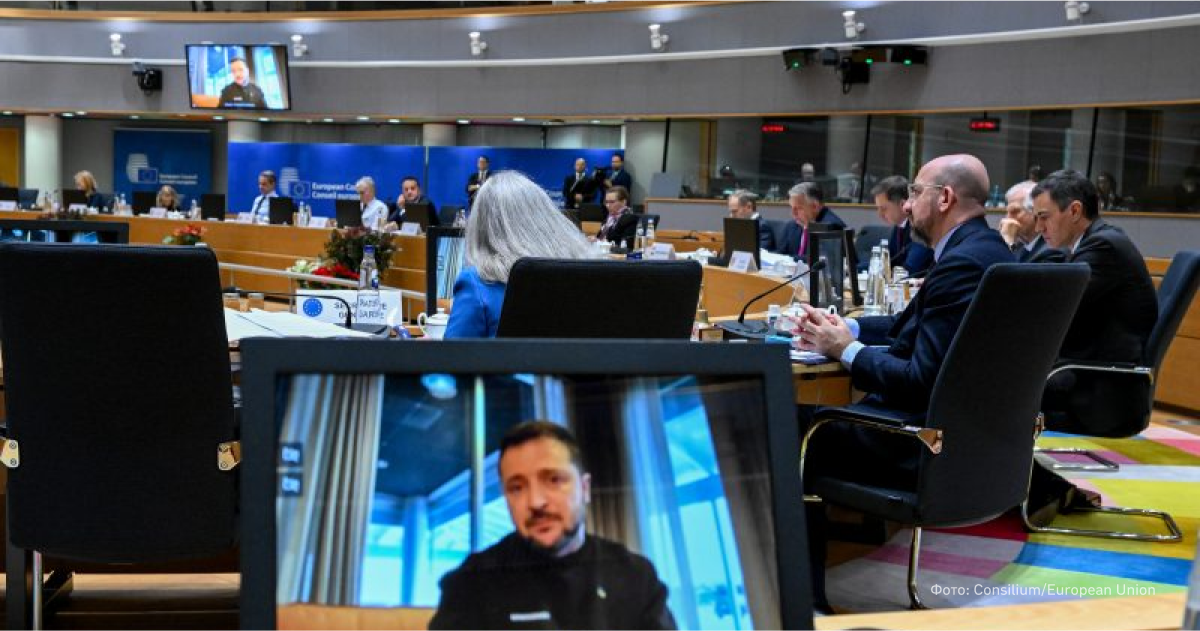
"The case is solved!" wrote Olha Stefanishyna, Deputy Prime Minister for European and Euro-Atlantic Integration of Ukraine.
Minister of Foreign Affairs Dmytro Kuleba thanked the EU leaders for the decision.
"What a historic day! One emotion dominates: everything was not in vain," the Ukrainian MFA wrote.
European Commission President Ursula von der Leyen said she was proud of the restrained promises.
"A strategic decision and a day that will remain engraved in the history of our Union," the European Commission President wrote.
In addition, President of the European Parliament Roberta Metsola, Prime Minister of Estonia Kaja Kallas, Prime Ministers of Finland Petteri Orpo and Sweden Ulf Kristersson congratulated Ukraine and Moldova on starting accession negotiations.
Next steps
In addition to the decision to start negotiations on Ukraine's membership in the EU, the European Council should propose a new procedure or so-called "negotiation framework" for Ukraine.
It will consist of a list of negotiating chapters that Ukraine must fulfil before becoming an EU member.
Earlier, a senior European Commission official told European Pravda journalists about the possible simplification of the procedure for opening and closing negotiating points, which currently, for example, allow Hungary and any other state to block negotiations. Such methods have led to slow negotiations with the Western Balkan states.
One of the challenges is the unacceptably "simple" conditions for Ukraine compared to the Balkan countries.
At the same time, the official noted that changing the negotiation rules for countries joining the EU is a classic practice.
"The situation is changing. The negotiation framework for Albania and North Macedonia differs from those for Serbia and Montenegro. And they have different ones than Türkiye," the official explained.
What happened on the eve of the European Council meeting?
In November 2023, the European Commission recommended that the European Council start negotiations on Ukraine's accession to the EU.
According to the Commission, Ukraine had completed 90% of the reforms required by the European Union at that time.
On the eve of the European Council meeting, the President of the European Commission noted Ukraine's success: two anti-corruption laws were adopted to increase the number of NABU staff and asset declarations, and amendments were made to legislation on national minorities in line with the recommendations of the Venice Commission.
"Our enlargement report from last month showed clear progress on all steps we had identified. Over 90% of those reforms had been completed at that time. We identified four reforms to fully complete all steps. And this month, between the enlargement report and now, Ukraine has continued to work on all of them," said Ursula von Der Leyen.
In a letter of invitation to the members of the European Council, President of the European Council Charles Michel called on EU leaders to "fulfil their commitments to Ukraine".
"...to an agreement on providing EUR 50 BN for its [Ukraine] long-term stability. We also have to agree to open accession negotiations with Ukraine, thereby giving it a necessary signal and bringing it yet closer to our European family," Michel said in his letter.
In addition, on December 13, Charles Michel met with Hungarian Prime Minister Viktor Orbán.
After the meeting, the European Commission unblocked €10 billion for Hungary ahead of the EU summit.
Before that, Orbán had threatened to block both Ukraine's EU accession talks and the initiative to provide Ukraine with macro-financial assistance.
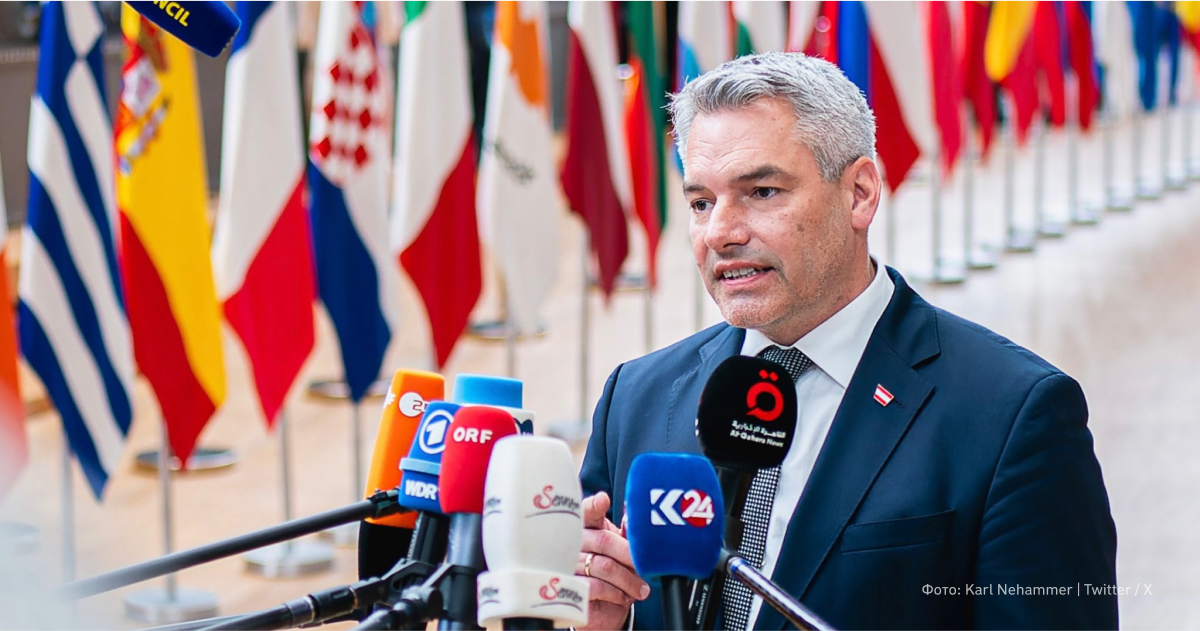
In addition to Orbán, Austria opposed the start of negotiations on Ukraine's EU membership.
Austrian Chancellor Karl Nehammer said he was not ready to support the start of negotiations "in the current circumstances", arguing that no country should have special accession conditions.
"Austria has always supported integrating the Western Balkan countries into the EU. As a sign of solidarity, Ukraine and the Republic of Moldova should also be offered the prospect of accession," said Nehammer in his speech to the Parliament.
At the same time, the chancellor stressed that Ukraine should not receive this decision "on simplified terms".
Olha Stefanishyna, Vice Prime Minister for European and Euro-Atlantic Integration of Ukraine, responded to these statements.
"...blocking the decision to open negotiations for Ukraine and Moldova is not Austria's position, but rather its defence of its position on other countries [applying for EU membership]," the deputy prime minister said.
The experience of the Balkan countries on their way to the EU
The Balkan countries applied for EU membership in the 2000s, but only Croatia managed to gain membership in 2013.
Montenegro, Serbia, Albania, North Macedonia, Bosnia and Herzegovina remain candidates for accession, and Kosovo is a potential candidate.
Since 2018, regular EU-Western Balkans summits have been held, but these processes are regularly criticised.
Montenegro has been negotiating accession since 2013. During this time, it has closed only three negotiating chapters out of 33. North Macedonia became a candidate at the same time as Croatia but has not been able to start negotiations due to the blocking of the process by neighbouring Bulgaria and Greece.
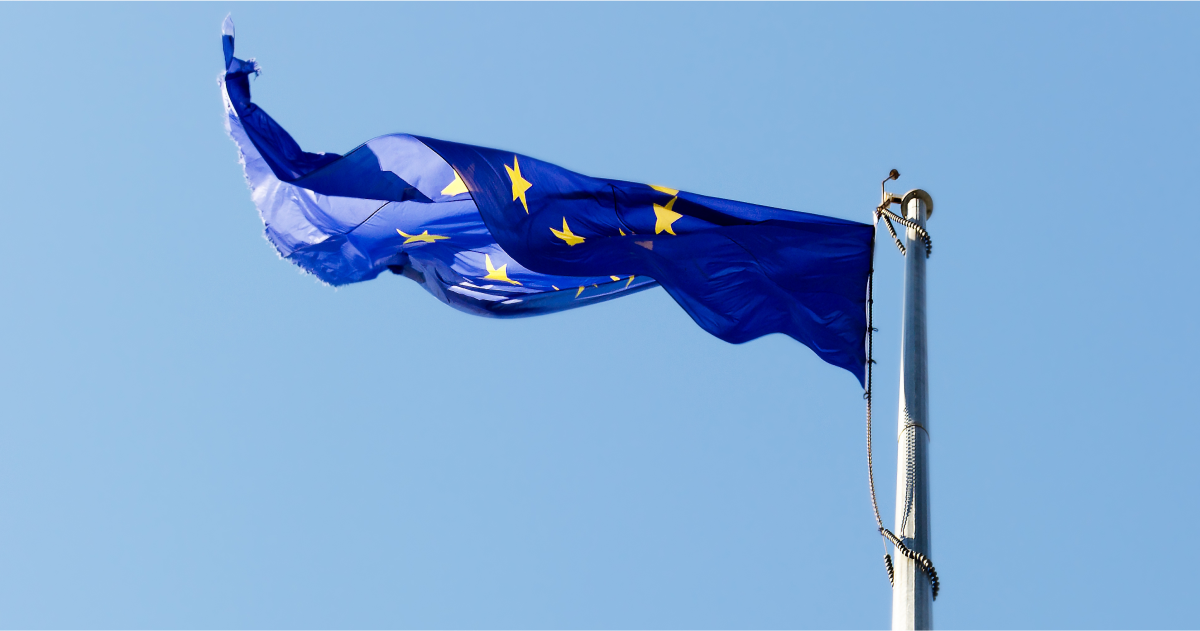
The EU introduces new and stricter accession rules with each new potential candidate. After Romania and Bulgaria joined, the EU introduced indicators of a candidate's readiness to implement fundamental reforms, such as the rule of law and others. Later, the EU gave individual member states the right to influence the set of such indicators.


